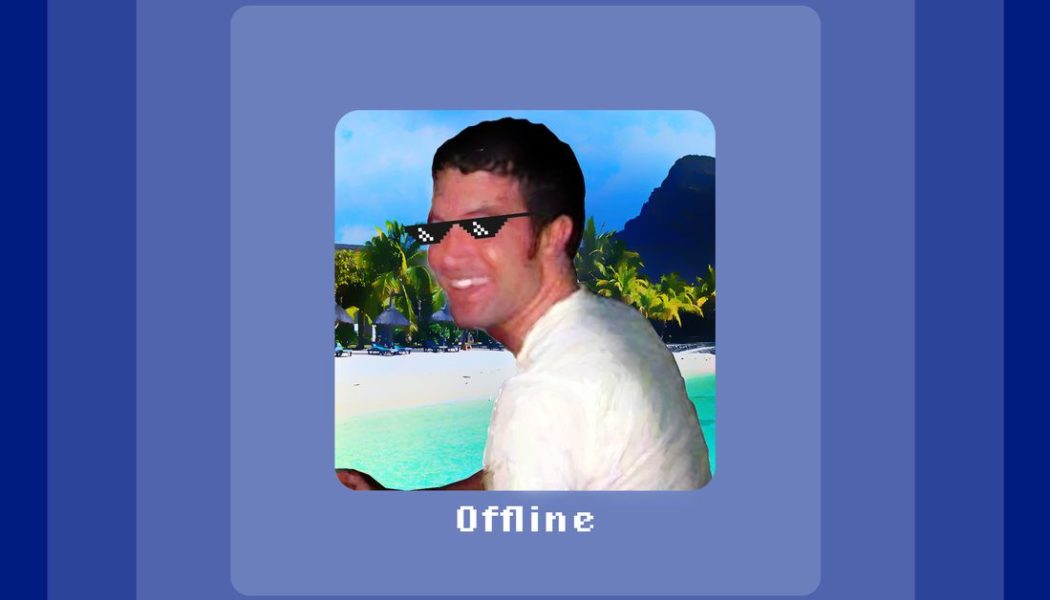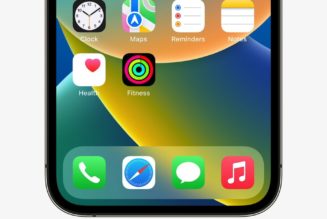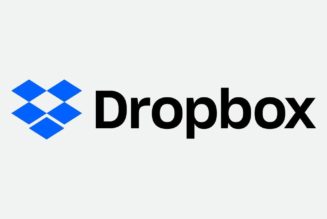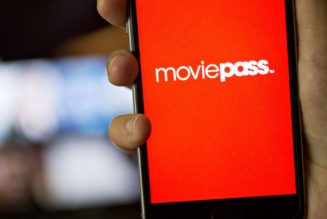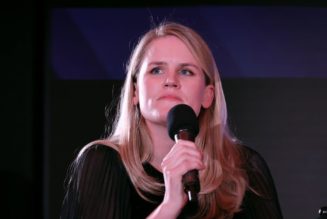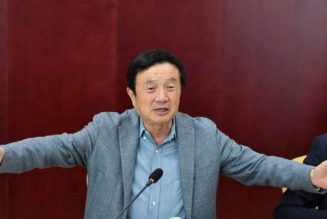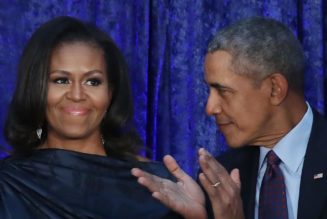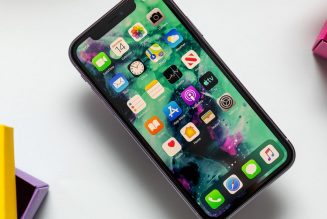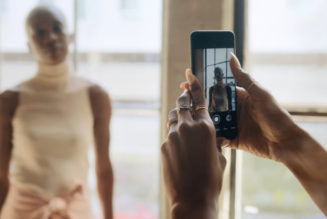
Two days after the DC insurrection, as the country was still processing the aftermath, MySpace co-founder Tom Anderson posted his second tweet of the past three years. Anderson attached the thinking emoji to an amateurish Photoshop render of Donald Trump, sitting in one of his typically garish offices, with his browser opened to Myspace. “‘MYSPACE TOM’ ABOUT TO GET A NEW FRIEND,” reads the caption, saliently predicting that with the entire internet industry mobilizing to hastily deplatform the president, Trump’s only access to the public might come from a long-zombified social media company. Anderson must’ve found the meme funny enough to log back on, disrupting a truly unprecedented offline streak for the average tech mogul. He disappeared again shortly afterward, withdrawing into the ocean of enviable vacation photos that have been left to fossilize on his few remaining social feeds.
Anderson sold Myspace to News Corp in 2005 for $580 million. Six years later, Myspace sold again for a hugely depreciated $35 million, prompting Rupert Murdoch to refer to the initial purchase as “A huge mistake.” In retrospect, it’s clear that Anderson cashed out at the perfect time. Myspace was quickly outpaced by other social media ventures — Twitter and Facebook — and by the early 2010s, the website had lost much of its user base and tangible identity. Visiting the URL today is downright surreal for any pilgrimaging millennials. All of its familiar trappings, (the Top 8, the chintzy color layouts, the twinkling custom cursors) have been scrubbed away. Instead, all you’ll find on the modern Myspace is a meager trickle of music news, aggregated directly from other corners of the internet.
Industry analysts have long regarded the downfall of Myspace to be one of the greatest missed opportunities of the last decade, but frankly, I think it’s becoming increasingly clear that Anderson got off easy. It is true that Twitter and Facebook are more influential, and possess wealthier executives, than anything in Myspace Tom’s estate. If you are an entrepreneur in the psycho Silicon Valley tradition — that is to say, you are capable of perceiving a functional, quality-of-life difference between net worths of $100 million and $100 billion — then perhaps you too envy the lives of Jack Dorsey and Mark Zuckerberg. But just consider how those two weathered the events of January 6th: panicked, agitated, staring down at the chaos that they helped wrought, considering some truly arcane, dystopian-fiction solutions like perma-banning the president from their websites. What was Anderson doing while the great networks crashed and burned? Jumping back online for a quick dig, completely at peace that these questions are firmly Not His Problem Anymore.
Go take a look at Anderson’s Instagram page. Like his Twitter, it is rarely updated and aggressively neutral. There are no bar charts, or product promos, or lengthy pontifications on how NFTs will “disrupt the investment economy.” Instead, Anderson uploads a steady stream of beautiful photos from all over the world. Here he is on the crystal waters of the Maldives, standing on a dockside bungalow with an anonymous woman. Here he is a few weeks later in Bhutan, soaking in an alabaster monastery on a gorgeous November day. A few weeks later, he’s gazing at a sunbeam in Antelope Canyon, before skipping off to Hawaii. For the longest time, Anderson’s Twitter bio read: “Enjoying being retired.” Today it simply says, “Enjoying the good life.” In fact, one of the only tweets Anderson has made in recent years was a response to a hugely viral post by user @JackDMurphy, who raved about Tom’s willingness to sink into the background without any fanfare. “What a man. Myspace was just too pure for this world,” wrote Murphy. (Anderson responded with two heart-face emojis and a salutary hang loose.)
If there was any professional jealousy toward his peers — any latent bitterness that Myspace did not grow as dominant and ubiquitous as Facebook — it seems that it’s long passed from his mind. Anderson is instead focused on the tranquilizing impact of luxury. There is no hustle instinct left. He has nothing more to say.
Compare that to the architects of Twitter, or Facebook, or literally any other social media enterprise with clout in the 2020s. The rent has come due. It’s now brutally apparent that the necrotic, parasocial tics encouraged by those platforms have an immeasurably negative impact on society. Facebook is plagued by constant scandals and may have played a role in swinging the 2016 presidential election. Twitter remains one of the worst places on the internet, to the point that it might be giving its most chronic users lifelong anxiety disorders. Even a benign arena like Pinterest — a website intended for moms who want to catalog different shades of wallpaper — is dealing with an uproar over its own internal toxic culture. Nowhere is safe. If you are a social media executive in 2021, a significant portion of your job must now be spent proving that your website isn’t actively destroying people’s lives.
Myspace, on the other hand, peaked in 2005 — a time when the internet was both young enough and small enough to not cause any lasting damage to humanity. Sure, the platform ruined a handful of high school friendships and elevated “Hey There Delilah” to the top of the Billboard Hot 100, but then it immediately flamed out. That ought to be a lesson to every other major player in social media: institutional failure is the only escape. It’s impossible to save the world by editing a code of conduct over and over again. You can’t reform Facebook.
I think this image from Dorsey and Zuckerberg’s most recent testimony to Congress sums up the divide. Dorsey is almost a year into cultivating his Rasputin beard, Zuckerberg dressed like G-Man from Half-Life, and each of them are locked in an interminable Zoom call where they’re frequently lectured by pedants like Ted Cruz about the tyranny of Section 230. This is what happens when you’ve let social media grow beyond your grasp. These men are no longer tech ministers. Instead, they’re the vanguard of a brand-new class in America — these quasi-public bureaucrats, forever advocating on behalf of apps that, by all accounts, are slowly facilitating the annihilation of our political norms. Dorsey and Zuckerberg exist in a prison of their own making, and the Silicon Valley mandate of corporate overreach, Capitol Hill dealmaking, and endless, monolithic growth guarantees that neither of them will ever be able to take the Myspace way out.
Where do you think Anderson was during that hearing? Probably knocking back his third mai tai, on an island so exclusive that neither you nor I have ever heard of it. Never for a moment does he need to worry about the ways his former company might be fraying the civil order. Those days are over. Anderson is simply enjoying being rich and adamantly offline, knowing that — by luck or foresight — he abandoned the social media monopoly right as it was getting very, very dark. Let’s hope some other tech CEOs start taking a page out of his book. Please, for the love of god, just enjoy being retired.
